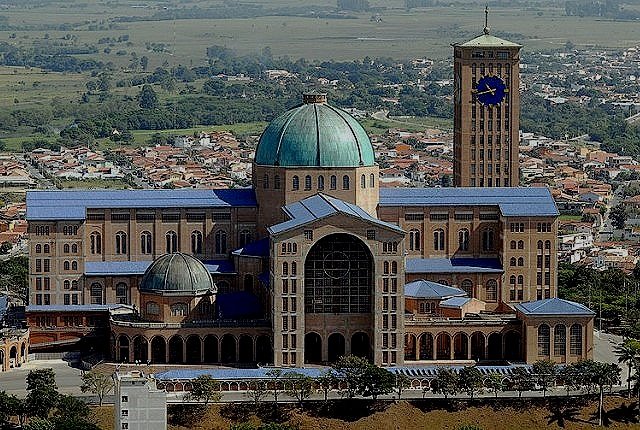
Projects
We have engaged in a wide range of initiatives to improve the lives of Wallisians and Futunians, spanning from cultural and infrastructural domains.
The Forestry Sector
This sector constitutes an important issue for the territory, particularly in the context of the phenomenon of global warming.
Harvesting local hardwood seeds in Wallis and its islets, Futuna and Alofi
Use of pine, kohu, teak, sandalwood and mahogany (mahogany) seeds approved by the IAC (Caledonian Agronomic Institute)
Production of plants in the service's nurseries
Support for the creation of private or mobile nurseries for village projects
Study on mycorrhizae of Wallis and Futuna
Reforestation/Restorations :
Monitoring of plantations carried out since 2013 under agreements
BEST 2.0+ project for the restoration of a degraded 4ha Caribaea pinus forest with the creation of a Conservatory of hardwood species of traditional interest in Wallis (Loka massif - Alele village)
PROTEGE project on the theme of reforestation of degraded toafa areas of the Futuna watersheds to combat erosion and invasive exotic species (5 ha)
Complete restoration of the experimental orchard at the Lycée Agricole de Wallis
Establishment of 3 experimental agroforestry plots on degraded soils
Convergence and Transformation Contract (CCT)
The Convergence and Transformation Contract (CCT) between the State and the Territory 2019-2022, signed on July 8, 2019 in Paris, is the preferred instrument for financing major structuring projects. It constitutes the main tool for programming public investments in the service of convergence. This Contract is the first operational version over the 2019-2022 period of the Wallis and Futuna Convergence Strategy 2019-2030 (or Convergence Plan). The CCT was extended for one year following the signature of the amendment on March 7, 2023.
As part of the CCT, the State and the Territory have committed to financing between 2019-2023 nearly fifty operations for a total budget of €44,470,000 including €39,668,000 from the State and €4,802 000€ from the Territory.
These operations are divided into 5 parts:
Territorial Cohesion component (school, health, cultural, telecommunications infrastructures, etc.):
Multimodal mobility component (improvement of road networks and port infrastructure)
Resilient Territories component (strengthening of technical landfill centers, protection of coastal zones, crisis management means, etc.);
Territories of innovation and outreach component (construction of markets in Futuna, CCIMA equipment, etc.);
Social cohesion component in employability (development project, child support, professional training, etc.).
The Custom
The custom or the AGA'IFENUA is not something from a forgotten past; for every Wallisian and every Futunian, it is a very significant notion. For some, it expresses dances, language, music, crafts; for others, it is the kava ceremony , the katoaga and everything related to traditions. For still others, custom means traditional chiefdom (the ALIKI). In fact, custom is a term originally used incorrectly by the first Europeans for whom there was no real local culture, except a population with its ancestral customs. The chieftaincy currently still remains the pivot of the entire traditional organization of society, although with a marked diversion on the part of the younger generations, the chieftaincy being traditionally conservative.
Local culture is founded in this collective memory where traditions, habits and customs as well as traditional institutions are expressed.
The expression “going to do the custom” designates the customary gesture which must be established between two or more individuals in order to permanently maintain stable and close relationships. This customary gesture must be reciprocal and not one-way. The customary gesture is a web of cultural exchanges and human relations which allows individuals to help each other and maintain a relational balance at the family level, at the village level or between districts. In a society where the population continues to demonstrate its desire to lead life in community, we are marginalized either because we do not “follow the custom” or because we do not participate in the social life of the village. The case of Europeans is obviously excluded and excused for their ignorance of the system.
Performing the customary gesture does not mean that the “Custom” has been done. The customary relational gesture must always be accompanied by “material support”, the value of which depends on the purpose of the custom to be performed and the status of the person to whom the custom is to be performed. We call MA'U KAVA or a TAUMU'A the material support of custom, which allows you to introduce yourself to someone; it can be a kava root, tobacco or even, nowadays, a bottle of alcohol (whiskey, pastis, champagne...), an envelope of money, a any gift or a provision of food accompanied by mats and tapas, if the purpose of the custom is very important.



